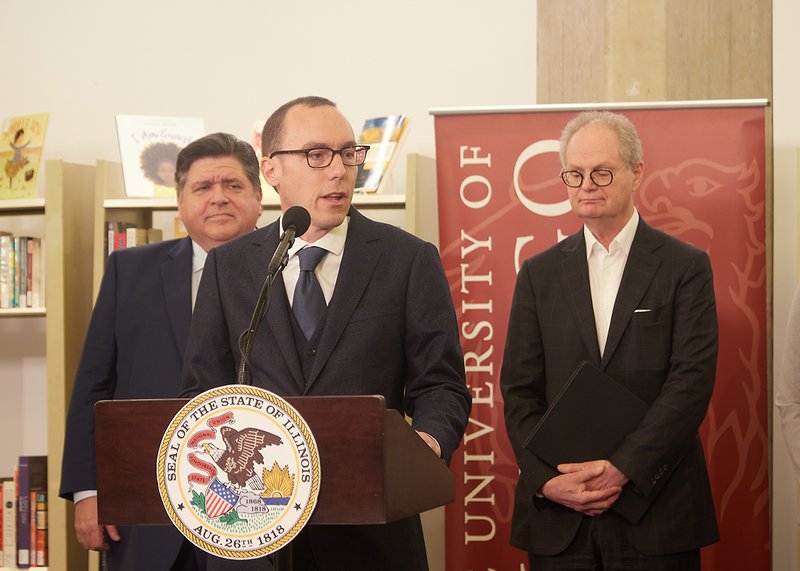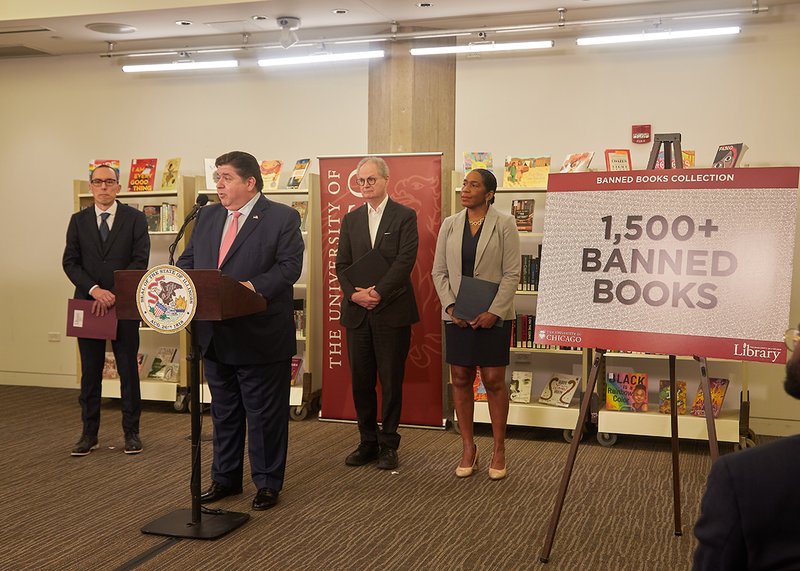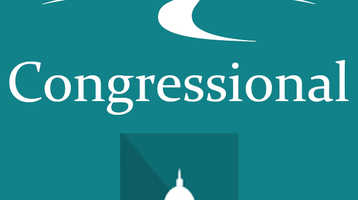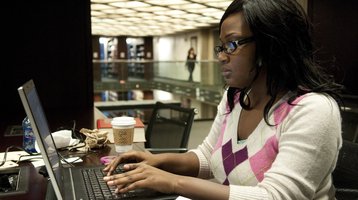UChicago Library expands access to banned books amid national debate over censorship

UChicago marks Banned Books Week by launching effort to collect more than 1,500 books banned in U.S., make them broadly available
In the midst of growing controversy over nationwide efforts to ban books, the University of Chicago has announced that it is expanding access to banned books for researchers and members of the public in Chicago, throughout Illinois and across the U.S.
Illinois Gov. J.B. Pritzker and Lt. Gov. Juliana Stratton joined UChicago President Paul Alivisatos and University Librarian and Dean of the University Library Torsten Reimer for the announcement Oct. 3.
The American Library Association reports that censorship attempts at libraries are on pace to set a record for the third straight year. In the first eight months of 2023, the ALA recorded challenges to 1,915 unique titles, a 20% increase over challenges during a comparable period in 2022. Books written by or about people of color or members of the LGBTQIA+ community made up the vast majority of such challenges. The ALA report was released in advance of Banned Books Week, which is Oct. 1-7.
UChicago’s expansion of access to banned books is intended to help address this trend, lower barriers to sharing information, and support open inquiry and discourse.
“The University’s distinctive culture is built upon its commitment to advancing free expression and free inquiry,” said Alivisatos. “By providing more opportunities for people nationwide to access a wide range of books, we are putting that fundamental principle into action.”
“The freedom to read is one of the core tenets of a democratic society, which is why I signed legislation restricting book bans in Illinois libraries,” said Pritzker. “The University of Chicago has taken another admirable step for freedom of education with this resource, which I know will serve patrons and remind those that seek to suppress creativity that we will not be silenced.”

The University of Chicago Library has launched an effort to build a comprehensive collection of books banned across the U.S. Items in the collections at Regenstein, Mansueto and Crerar libraries can be consulted by members of the public free of charge, in-person with a visitor pass. Most can be checked out by UChicago patrons and can be borrowed by readers at other libraries through interlibrary loan.
“We believe that knowledge enriches life, and book bans stand against freedom of inquiry and expression and therefore against the core principles of the University of Chicago,” Reimer said. “I am pleased that we are announcing our efforts to extend access to banned books in the same week that the University of Chicago Forum for Free Inquiry and Expression is celebrating its opening, as our efforts go hand in hand.”
The banned book collection is intended to be a valuable tool for researchers seeking to understand book bans across the United States, providing a way for the public to engage with banned books. The UChicago Library already owns approximately 25% of a list of more than 1,500 books that have been banned from libraries across the U.S. and aims to rapidly build and maintain a complete collection.
To expand digital access to banned books for those who cannot conveniently visit Hyde Park, the UChicago Library is collaborating with the Digital Public Library of America on two initiatives. First, the UChicago Library plans to fund online access to banned ebooks for all Illinois residents for at least a year through DPLA’s recently launched Banned Book Club on the Palace e-reader app.
Second, the UChicago Library will partner with DPLA to increase online access to books in the communities where they are banned by expanding agreements with publishers. DPLA’s Banned Book Club uses GPS-based geolocation to facilitate access to books that are banned where the app user is currently located. The Banned Book Club includes access to more than 900 titles that have been the target of bans in communities nationwide. By partnering with UChicago Library they will strive to offer access to nearly all the approximately 1,500 titles that have been banned.
“We are excited to collaborate with the UChicago Library to increase the number of titles we can make available and bring this collection to readers throughout Illinois,” said John S. Bracken, Executive Director of the DPLA.
“Through this partnership, we are also sending a signal that the University of Chicago stands in solidarity with librarians across the country and with already marginalized communities that are targeted through book bans,” Reimer said. “We hope that our work will set an example that others will follow, in the U.S. and wherever access to knowledge is at risk.”

Banned Books FAQ
How large is the collection at the University of Chicago Library?
The University of Chicago Library is one of the largest academic libraries in North America, with more than 12 million volumes in print and electronic form. In a typical year the Library adds up to 100,000 volumes to its collection.
Who can come to University of Chicago Library to consult banned books in its collections?
All adults are welcome to visit the Library and consult collections on site, including books that have been banned. Visitors who are unaffiliated with the University of Chicago can get a visitor pass at the Regenstein Library’s entry desk. Children under the age of 18 who visit the University of Chicago Library typically must be accompanied by a parent, guardian, or teacher when in Library buildings, in conformance with the University's policies regarding minors on campus.
Who can check out banned books?
University of Chicago students, faculty, and staff may borrow UChicago Library materials in its circulating collections, including banned books. The Library also provides borrowing services to other members of the UChicago community and to other individuals covered by reciprocal agreements with a number of academic institutions and organizations. Learn more about who can borrow on the Library website. Books can also be borrowed by readers at other libraries through interlibrary loan.
Who can currently access banned books online from UChicago?
Some of the banned books are held by UChicago’s Library in digital formats and can be accessed remotely through the Library’s catalog by UChicago faculty, students, students, and staff using their University ID. Visitors who come to UChicago Library buildings can also access these books digitally while in the building.
How can I find banned books held by the UChicago Library?
Anyone can visit the University of Chicago’s Library Catalog and look up a particular book title to see if our Library holds it at this time. We plan to add finding aids and guides to support those who want to engage with and research the collection as a whole.
How will digital access to banned books be expanded for Illinois residents?
The University of Chicago Library is in the process of finalizing an agreement with the DPLA that will provide funding to expand access for Illinois residents to books that have been banned across the United States. The agreement will make books available through the Palace e-reader for at least a year.
How does the Library determine which banned books are added to its collection?
The UChicago Library is currently using DPLA’s banned books list to expand its collection and will continue to update its list as more books are banned. DPLA strives to make all books that have been banned (removed from library shelves) across the United States available in the collection that is available in the Palace app.
There are currently more than 1,500 books on the list, and the Library already holds more than 25% of these that researchers and the public can consult here now.
Are there age restrictions on access to books through the Palace app?
You must be at least 13 years of age to get a DPLA virtual library card and check out ebooks.
Can parents control their children’s access to books through the Palace app?
Parents can enable parental controls on their child's device to control and/or monitor children’s access to specific apps.
How can people access books banned within their own communities?
Readers in communities affected by book bans can now access banned books for free via Palace e-reader app. Learn more.
How can I support the UChicago Library’s work to expand access to banned books?
We welcome philanthropic support through the recently launched Freedom to Read Fund. To make a contribution, please go to the University’s Giving Page and select “Library” and then “Freedom to Read Fund.”


